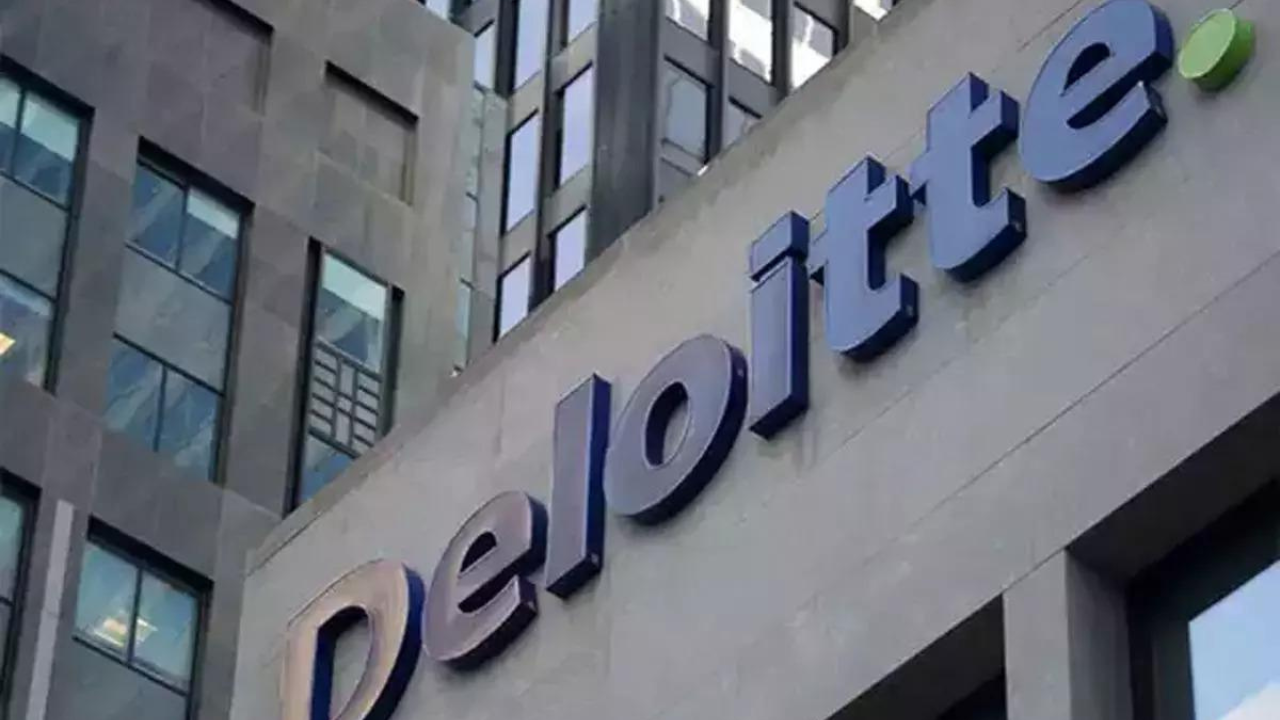The giants of the consulting world face an unusual quandary this year: many of them are in the process of dismissing hundreds of staffers even after they hired thousands of college graduates to deal with new demand. Now, one of the biggest of them all is looking to artificial intelligence to change that.
Deloitte LLP is using AIto evaluate existing staffers’ skills and map out plans that would shift employees away from quieter parts of the business and into roles that are more in demand.It’s part of a broader bet by the professional services firm that the technology will allow it to moderate hiring growth over time.
The moves come after Deloitte added 130,000 staffers this year. But in the midst of those hirings, though, the firm warned thousands of staffers in the US and UK that their jobs were at risk of becoming redundant after the company was forced to restructure certain areas of the business in response to a slowdown in demand.
“It is obviously a great objective to be able to avoid large swings of hirings and layoffs,” said Stevan Rolls, global chief talent officer at Deloitte. “You could always be more efficient and effective about finding the right people.”
Deloitte and rival professional services firms have already begun experimenting with using generative artificial intelligence to eliminate repetitive, time-consuming work that was long reserved for junior staffers, such as prepping documents for internal meetings or gathering troves of data for a client pitch. Generative AI, which was popularized by ChatGPT, can produce sentences or essays in response to simple questions and it crafts these responses after being trained on reams of existing material.
With the latest projects, though, they’re hoping the technology can help them better manage the thousands of employees they add every year.
Deloitte’s total headcount is now nearing 460,000 after the hiring spree earlier this year. That’s triple the number of new hires compared with a decade ago, when revenue was roughly half of what it is today.
“Let’s imagine Deloitte was so successful and we doubled our size again, I’d be really worried about hiring a quarter of a million people a year,” Rolls said. “It might not be fewer, but it might be the same as we hire now.”
©2023 Bloomberg L.P.
Deloitte LLP is using AIto evaluate existing staffers’ skills and map out plans that would shift employees away from quieter parts of the business and into roles that are more in demand.It’s part of a broader bet by the professional services firm that the technology will allow it to moderate hiring growth over time.
The moves come after Deloitte added 130,000 staffers this year. But in the midst of those hirings, though, the firm warned thousands of staffers in the US and UK that their jobs were at risk of becoming redundant after the company was forced to restructure certain areas of the business in response to a slowdown in demand.
“It is obviously a great objective to be able to avoid large swings of hirings and layoffs,” said Stevan Rolls, global chief talent officer at Deloitte. “You could always be more efficient and effective about finding the right people.”
Deloitte and rival professional services firms have already begun experimenting with using generative artificial intelligence to eliminate repetitive, time-consuming work that was long reserved for junior staffers, such as prepping documents for internal meetings or gathering troves of data for a client pitch. Generative AI, which was popularized by ChatGPT, can produce sentences or essays in response to simple questions and it crafts these responses after being trained on reams of existing material.
With the latest projects, though, they’re hoping the technology can help them better manage the thousands of employees they add every year.
Deloitte’s total headcount is now nearing 460,000 after the hiring spree earlier this year. That’s triple the number of new hires compared with a decade ago, when revenue was roughly half of what it is today.
“Let’s imagine Deloitte was so successful and we doubled our size again, I’d be really worried about hiring a quarter of a million people a year,” Rolls said. “It might not be fewer, but it might be the same as we hire now.”
©2023 Bloomberg L.P.






